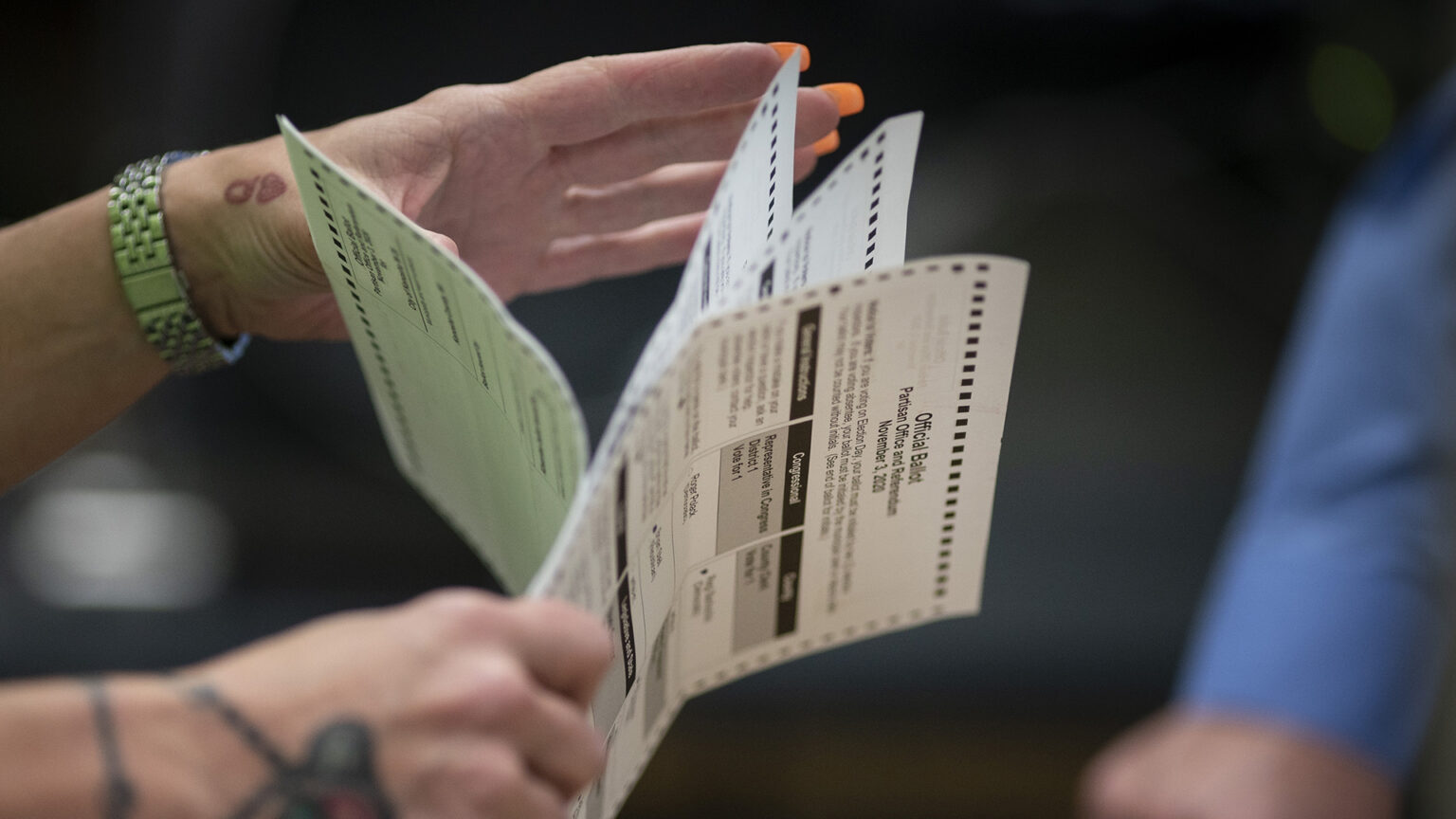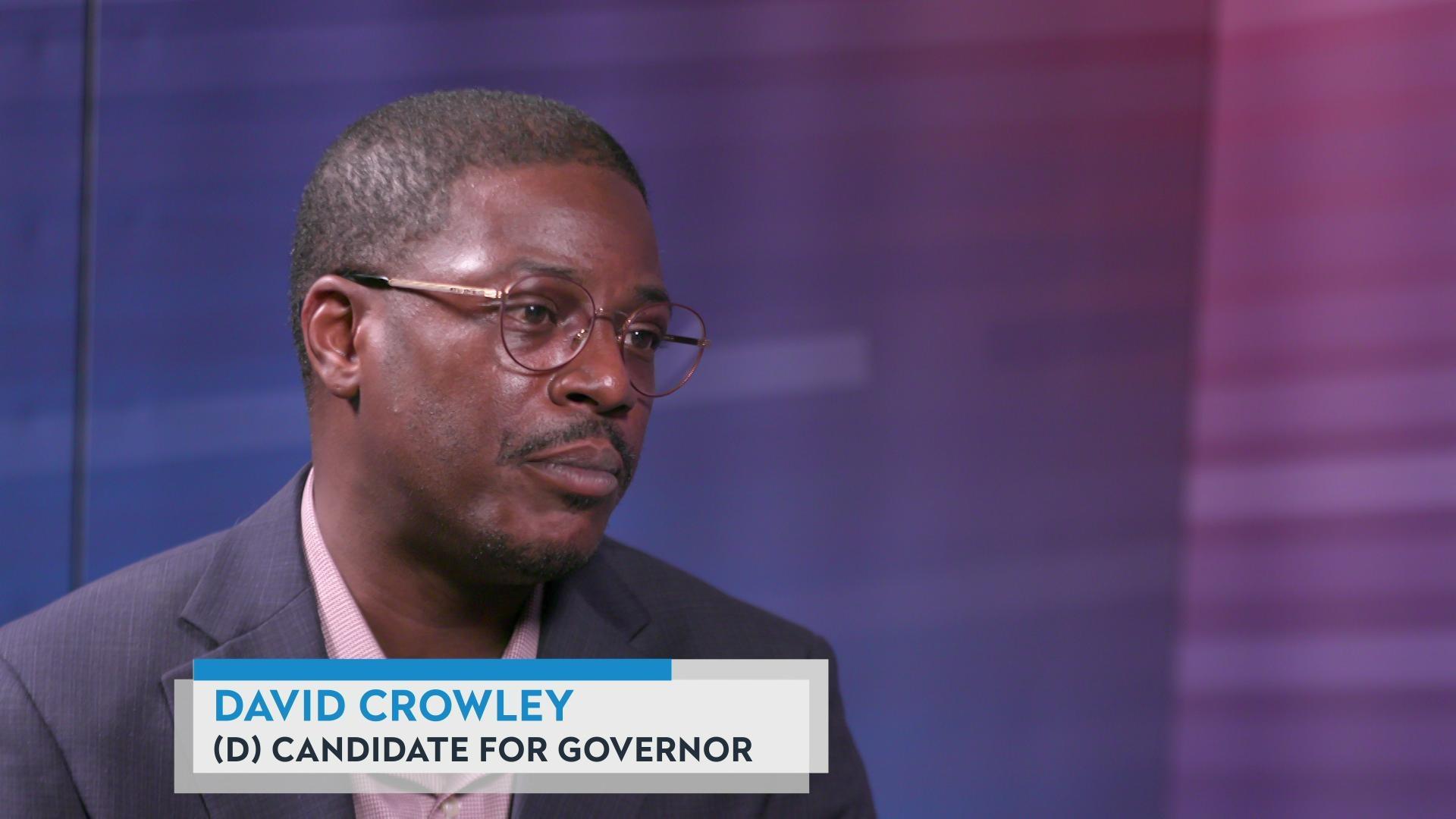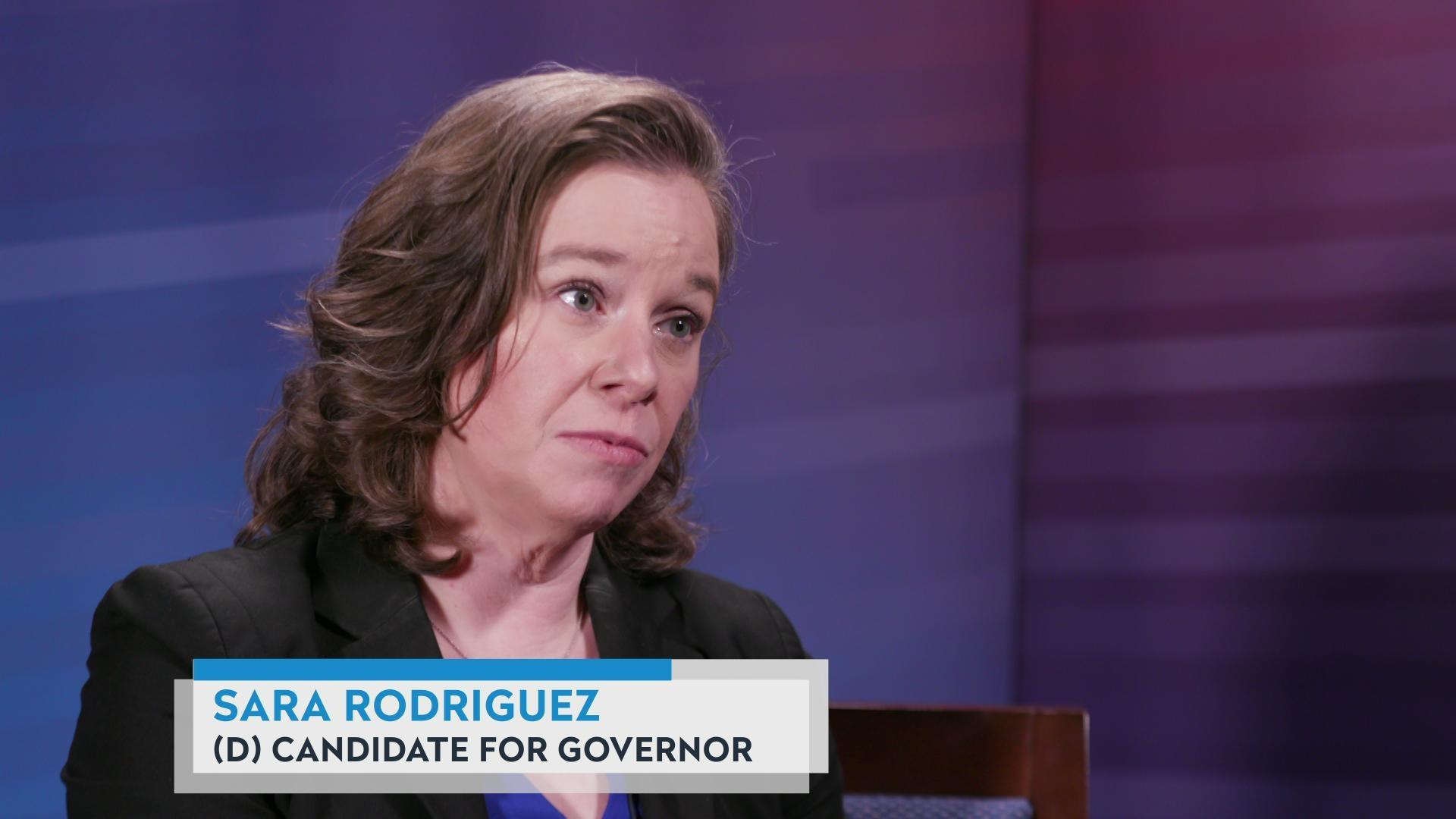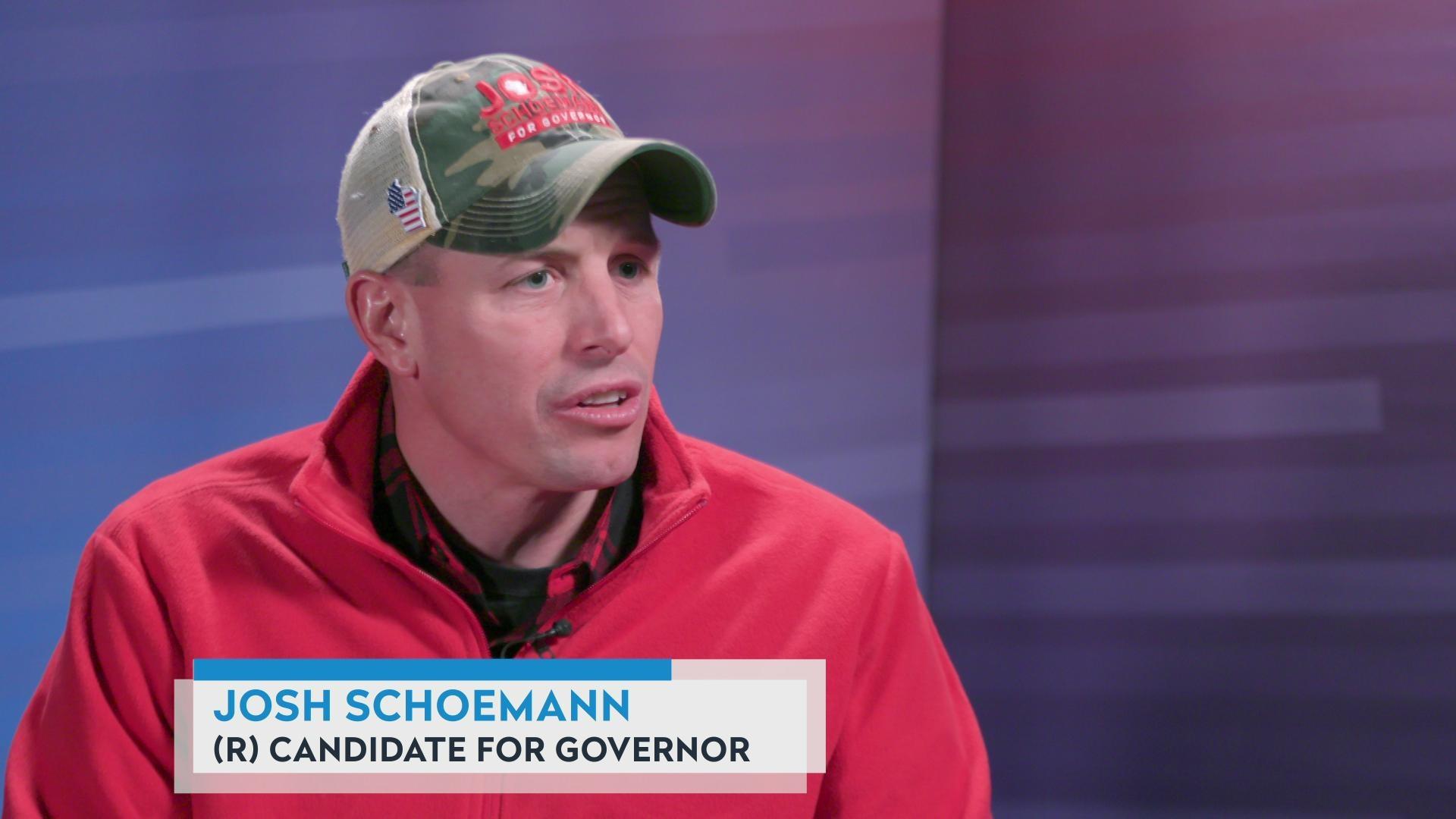Disabled Wisconsin voters say absentee law not followed in spring 2023 early voting
Advocates for the disabled allege local elections officials are not following the law as absentee ballots are returned in the lead-up to Wisconsin's election on April 4.
Associated Press
March 24, 2023

Poll workers sort out early and absentee ballots at the Kenosha Municipal building on Election Day in Kenosha on Nov. 3, 2020. Disabled voters who need assistance submitting absentee ballots in 2023 say communities across Wisconsin are not following federal law in the lead up to the high-stakes state Supreme Court election, incorrectly telling those with disabilities that they can't have another person return their ballot for them. (Credit: AP Photo / Wong Maye-E, File)

MADISON, Wis. (AP) — Disabled voters say local election leaders across Wisconsin are not following federal law during early voting in the high-stakes race for state Supreme Court, incorrectly telling them they can’t have another person return their absentee ballot for them.
Absentee ballots, and who can return them, has been a political flashpoint in battleground Wisconsin, known for razor-thin margins in statewide races. The April 4 election will determine majority control of the state Supreme Court, with abortion access and the fate of Republican-drawn legislative maps on the line.
Challenges to laws and practices in at least eight states that make it difficult or impossible for people with certain disabilities to vote have also arisen in the past two years. At the same time, there has been a push in many states to restrict rules affecting who can return absentee ballots.
Wisconsin Republicans successfully sued in 2022 to ban absentee ballot drop boxes, and the conservative-controlled state Supreme Court ruled that only the voter can return their ballot in person or place it in the mail.
People with disabilities filed a federal lawsuit in response to the state court’s decision, arguing that federal law allows them to get assistance in returning their ballot. A federal court ruled in their favor in August, noting that the Voting Rights Act applies to Wisconsin voters who require assistance with mailing or delivering their absentee ballot because of a disability.
But in the lead-up to the April 4 Supreme Court election, and during early voting that began March 21, local elections officials are not following the law, advocates for the disabled allege. Absentee ballots were mailed to voters earlier in the month and early, in-person voting using absentee ballots began on March 21.
The Wisconsin Elections Commission, which oversees the state’s more than 1,800 local elections officials, first alerted clerks in September to the federal court ruling reiterating that disabled voters can have assistance returning absentee ballots.
In recent weeks, the commission has reminded them of the law in conversations, webinar trainings, and newsletters, commission spokesperson Riley Vetterkind said March 24.
“This is a reminder that voters with disabilities are entitled to receive assistance completing and delivering their absentee ballots,” the commission said in an email to all clerks on Feb. 3, less than three weeks before the primary. “Some jurisdictions are inserting absentee ballot instructions that say assistance is prohibited, without noting the important exception for voters with disabilities.”
The message called the issue “especially significant” because of the court ruling affirming the right to assistance.
“Please ensure that your absentee ballot instructions do not contradict the federal court’s order,” the commission implored.
Barbara Beckert, external advocacy director of the Milwaukee office of Disability Rights Wisconsin, said it was concerning that roughly a dozen communities around the state continue to have incorrect information on their websites, at polling places and being voiced by workers at the polls.
Numerous voters have raised concerns, but all have wished to remain anonymous because they live in small communities and do not want their complaints to become public, she said. It’s impossible to know how many voters, or how many communities, may be affected by a misreading of the law, she said.
Beckert provided links to websites in seven communities that had incorrect information currently posted.
The fight over absentee ballot return rules is not unique to Wisconsin.
All states allow third-party return of mail ballots, but the rules around that vary widely, according to Liz Avore, a policy adviser with Voting Rights Lab. Since 2021, 11 states enacted restrictions on third-party return and there have been 27 bills introduced on the topic in 14 states this year, she said.
Most of those would not affect voters with disabilities, with the exception of measures in Arkansas, Minnesota, New York and Oregon, she said.
In Wisconsin, Beckert is pushing for requirements that the right for disabled people to get assistance with filing an absentee ballot be posted at all polling places and be included with instructions sent to voters with their absentee ballot.
The elections commission can vote to change the instructions that are sent to voters along with the ballots, but it would take a change in law to post wording at the polls saying that disabled people can have help returning absentee ballots. The commission, equally divided between Republicans and Democrats, frequently deadlocks on high-stakes votes. And the Republican-controlled Legislature has worked in recent years to make absentee voting more difficult, but been blocked by Democratic Gov. Tony Evers.
Editor’s note: This story has been corrected to indicate a law change is not required for the elections commission to change the instructions sent to voters along with the ballots.
 Passport
Passport











Follow Us